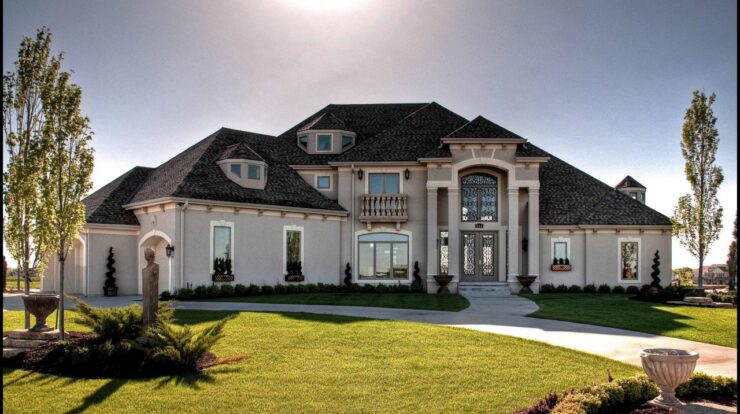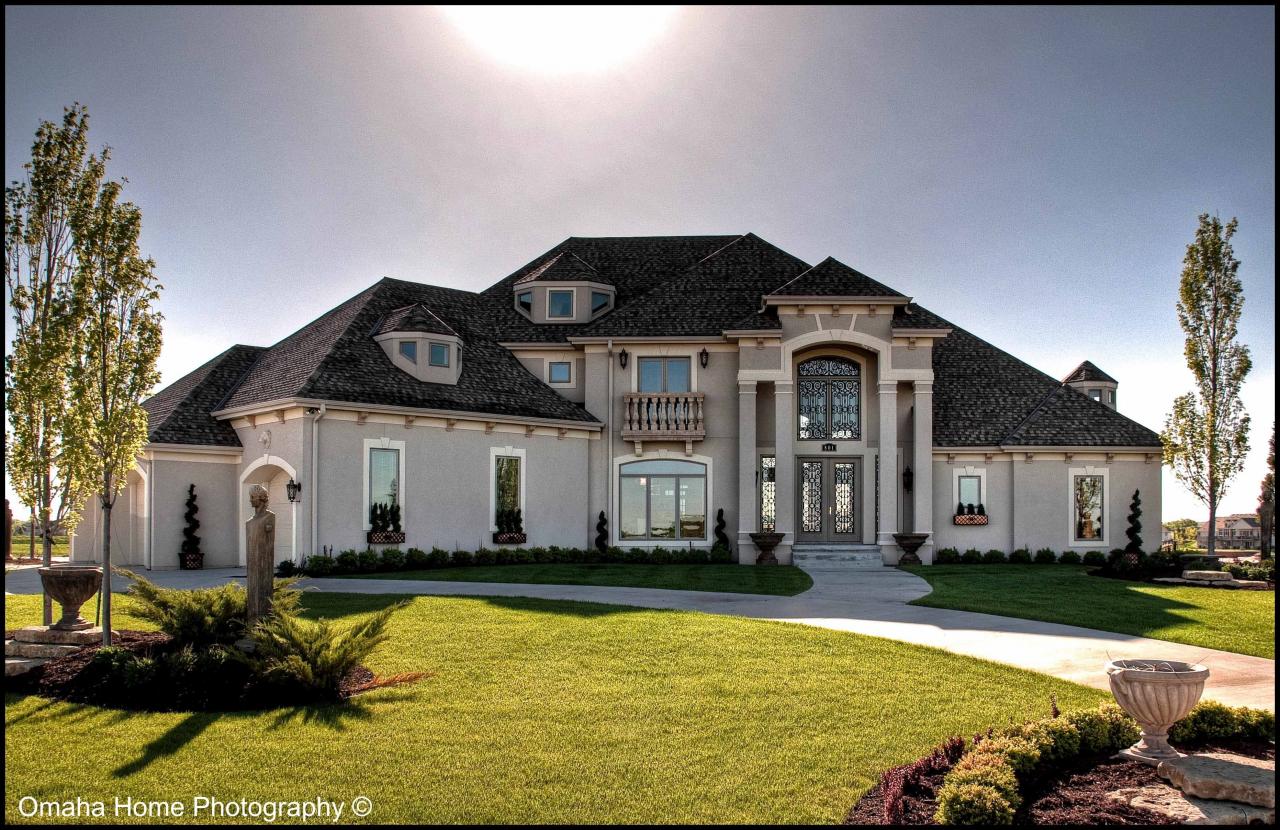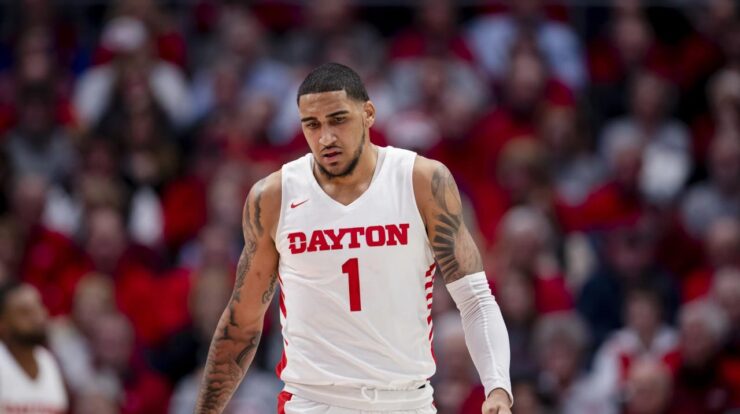
Waterloo nebraska – Waterloo, Nebraska, is a city steeped in history and brimming with cultural attractions, offering a unique blend of the past and present. From its humble beginnings as a frontier settlement to its vibrant modern-day identity, Waterloo has left an indelible mark on the region.
With its rich tapestry of historical events, thriving economy, and diverse population, Waterloo embodies the spirit of the Midwest, making it a compelling destination for both visitors and residents alike.
Historical Significance of Waterloo, Nebraska
Waterloo, Nebraska, holds a rich historical legacy that has shaped its identity and contributed to the development of the region. The city’s roots trace back to the mid-19th century, when it served as a vital hub for westward expansion.
In 1854, Waterloo was established as a trading post and stagecoach stop along the Mormon Trail. The city’s strategic location on the Platte River made it a crucial transportation and supply point for pioneers traveling west. Waterloo played a significant role in the Pony Express, with its riders changing horses at the city’s station.
Notable Figures
- John C. Fremont:Explorer and presidential candidate who established a trading post in Waterloo.
- Brigham Young:Mormon leader who passed through Waterloo on his westward journey.
- Buffalo Bill Cody:Showman and frontiersman who performed in Waterloo.
Economic Profile of Waterloo, Nebraska
Waterloo’s economy is driven by a diverse range of industries, including manufacturing, agriculture, and tourism. The city is home to several major employers, including Valmont Industries, a global leader in irrigation systems, and Nebraska Furniture Mart, one of the largest furniture retailers in the United States.
Waterloo’s unemployment rate is consistently lower than the national average, and its median household income is above the state average. The city’s strong economic foundation has attracted new businesses and investments in recent years.
Major Industries, Waterloo nebraska
- Manufacturing
- Agriculture
- Tourism
- Healthcare
- Retail
Demographic Characteristics of Waterloo, Nebraska
Waterloo’s population is estimated at approximately 5,700 residents, with a median age of 40. The city’s population is predominantly White, with a growing Hispanic and Asian population. Waterloo has a higher percentage of college graduates compared to the state average.
The city’s population is projected to continue growing in the coming years, driven by its strong economy and desirable quality of life.
Population Trends
- Median age: 40
- Racial composition: Predominantly White, with growing Hispanic and Asian population
- Educational attainment: Higher percentage of college graduates compared to state average
- Population projection: Continued growth in the coming years
Summary: Waterloo Nebraska

In conclusion, Waterloo, Nebraska, stands as a testament to the transformative power of history and the enduring spirit of a community. Its blend of historical significance, economic vitality, and cultural richness makes it a place where the past and present converge, creating a vibrant and unforgettable experience.
Frequently Asked Questions
What is the population of Waterloo, Nebraska?
As of 2023, the population of Waterloo, Nebraska, is estimated to be around 1,200 residents.
What are the major industries in Waterloo, Nebraska?
Waterloo’s economy is primarily driven by agriculture, manufacturing, and healthcare.
What is the historical significance of Waterloo, Nebraska?
Waterloo played a significant role in the westward expansion of the United States, serving as a stagecoach stop and a hub for settlers.





